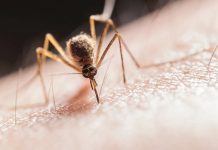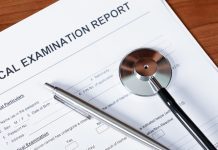Scientists have found that biomarkers in human sperm accurately predict the chances of having an Autism Spectrum Disorder(ASD) in the father’s offspring. Autism Spectrum Disorder is a condition related to brain development and neurological disorder which has an impact on a person’s social interaction & communication and stereotypic movements.
Researchers found a set of genomic features known as DNA methylation in sperm cells, which can be used as a biomarker to identify the offspring’s autism susceptibility. Michael Skinner, professor of biological sciences at Washington State University said that “We can now potentially use this to assess whether a man is going to pass autism on to his children.” and “It is also a major step toward identifying what factors might promote autism.“
The impact of Autism Spectrum Disorder has increased dramatically over the years. In 1975, there were 1 in 5000 people diagnosed with an Autism Spectrum Disorder (ASD), and according to the 2020 report, 1 in 54 children were diagnosed with Autism Spectrum Disorder(ASD). Many scientists believed that the increase of Autism disorder in the last two decades was due to environmental and molecular factors and nowadays autism develops at the early stage of toddlers and children.
Some of the previous studies have shown that from their parents the children get to inherit this disorder and more likely fathers were often linked to the transmission than their mothers. In our current study, researchers focused on sperm epigenetics, a molecular process that affects gene expression.
This study includes two groups of 13 men, the first group with 13 men who had fathered autistic children, and the second group of 13 men includes fathers who had children without the autistic disorder. They focused mainly on DNA methylation, a chemical modulation that occurs when a methyl group attaches to the DNA strand and controls the genes.
They tested their findings by identifying 805 different DNA methylation regions that can actually act as an epigenetic biomarker in fathers who have an autistic child from their sperm samples.
Skinner concluded it by saying that “We found out years ago that environmental factors can alter the germline, the sperm or the egg, epigenetics,” and “With this tool, we could do larger population-based studies to see what kinds of environmental factors may induce these types with epigenetic changes.”
The study finally concludes by reporting that the researchers correctly found all the fathers with an accuracy of 90% approximately. Researchers said that more work and trials need to be done to know how biomarkers can also be used as a tracing tool and how it can help in finding the epigenetic changes.

















